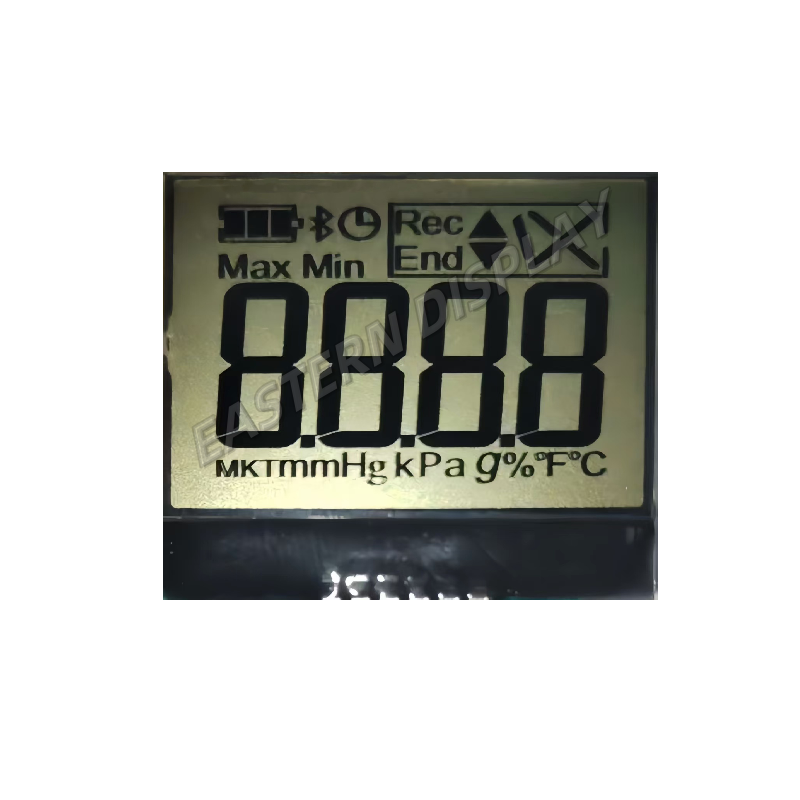
This comprehensive guide explores the key differences between OLED and LCD displays, helping you determine which technology best suits your needs. We'll delve into image quality, energy efficiency, lifespan, and cost to provide a clear understanding of each display type. Whether you're upgrading your home theater, looking for a new monitor, or simply curious about display technology, this guide will equip you with the knowledge to make an informed decision.
OLED stands for Organic Light-Emitting Diode. Unlike LCDs, which require a backlight, OLED pixels emit their own light. This results in superior contrast ratios, deeper blacks, and more vibrant colors. OLED displays are known for their stunning picture quality, particularly in dark scenes. However, they can be more expensive than comparable LCD screens.
LCD, or Liquid Crystal Display, is a more mature technology. It uses a backlight to illuminate liquid crystals, which then block or allow light to pass through to create an image. LCDs are generally more affordable than OLEDs.
| Feature | OLED | LCD |
|---|---|---|
| Contrast Ratio | Infinite | 1000::1 (varies greatly) |
| Color Accuracy | Excellent | Good to excellent (depending on model and technology used) |
| Response Time | Fast | Slower than OLED |
| Price | Higher | Lower |
| Power Consumption | Generally higher per luminance | Generally lower |
The best display technology depends entirely on your priorities and budget. If picture quality is paramount and you're willing to pay a premium, OLED is the clear winner. For a more budget-friendly option with still acceptable image quality, LCD remains a solid choice. Consider factors like screen size, intended use (gaming, movies, general computing), and your tolerance for potential burn-in when making your decision. For high-quality LCD screens, consider exploring options from reputable manufacturers like Dalian Eastern Display Co., Ltd. which provides advanced display solutions. They offer a range of high-performance LCD options.
Remember to always check reviews and compare specifications before purchasing any display.












